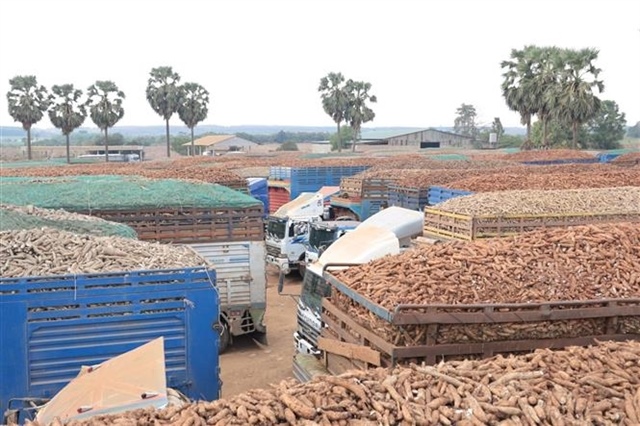VASI opens to boost supporting industry
VASI opens to boost supporting industry
The Vietnam Association for Supporting Industries (VASI) was launched in Ha Noi last Saturday, targeted at improving the capacity of domestic part suppliers and contributing to sustainable development of industries.

VASI, established following the decision of the Ministry of Home Affairs last Thursday, aims to gather, connect and raise capacity for supporting industry businesses; contribute ideas to policymakers in supporting industry and relevant industries; seek and connect domestic markets; and boost exports.
The association’s establishment is part of key results of the EU-Vietnam Multilateral Trade Project, which is funded by the European Union and jointly conducted by the Supporting Industry Enterprise Development Centre (SIDEC), the Industrial Policy and Strategy Institute and the Ministry of Industry and Trade (MoIT).
The project was launched in June last year and will finish in June this year.
The first congress of the association, which took place on the same day as the launching ceremony, voted 32 members to its executive board. Former deputy minister of industry and trade Le Duong Quang was nominated board chairman.
Quang said the association would quickly strengthen its organisation, assign tasks for each board member and set up an action programme.
“VASI will become a link for businesses to develop co-operation, which is currently a weak point of Vietnamese part suppliers in general and the supporting industry in particular,” Quang said.
VASI will also take the initiative in connecting businesses with the market, co-operating with foreign organisations and increasing its members from the current number of 140, said Quang.
MoIT’s Heavy Industry Department director Truong Thanh Hoai said the country’s manufacturing industry value had until now contributed some 14 per cent of GDP, while this figure was 26 per cent in Thailand and 36 per cent in China.
“The establishment of VASI is needed in the current context. It will reflect the reality on the ground for management bodies to perfect policies and drive forces to boost the supporting industry,” Hoai said.
According to a new statistics of the MoIT, there are more than 500 businesses participating in the supply chain of supporting industry products. The localisation rate of industrial products in Viet Nam is 50 per cent of other regional countries. This is seen as a stumbling block that slows down the country’s realisation of its industrialisation and modernisation targets.





















